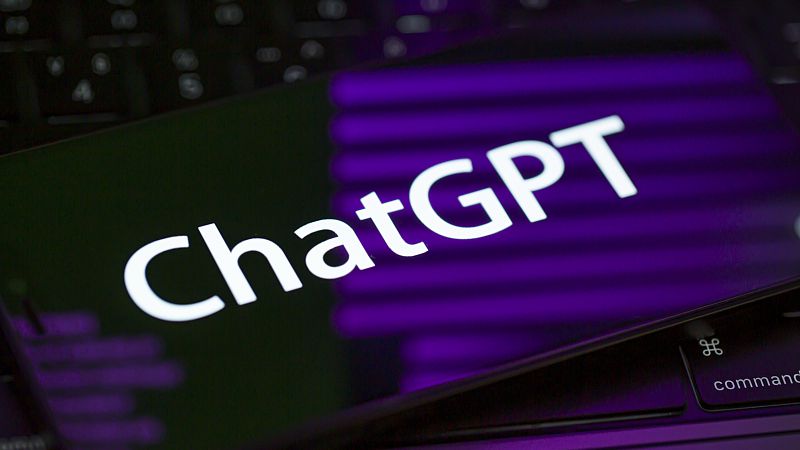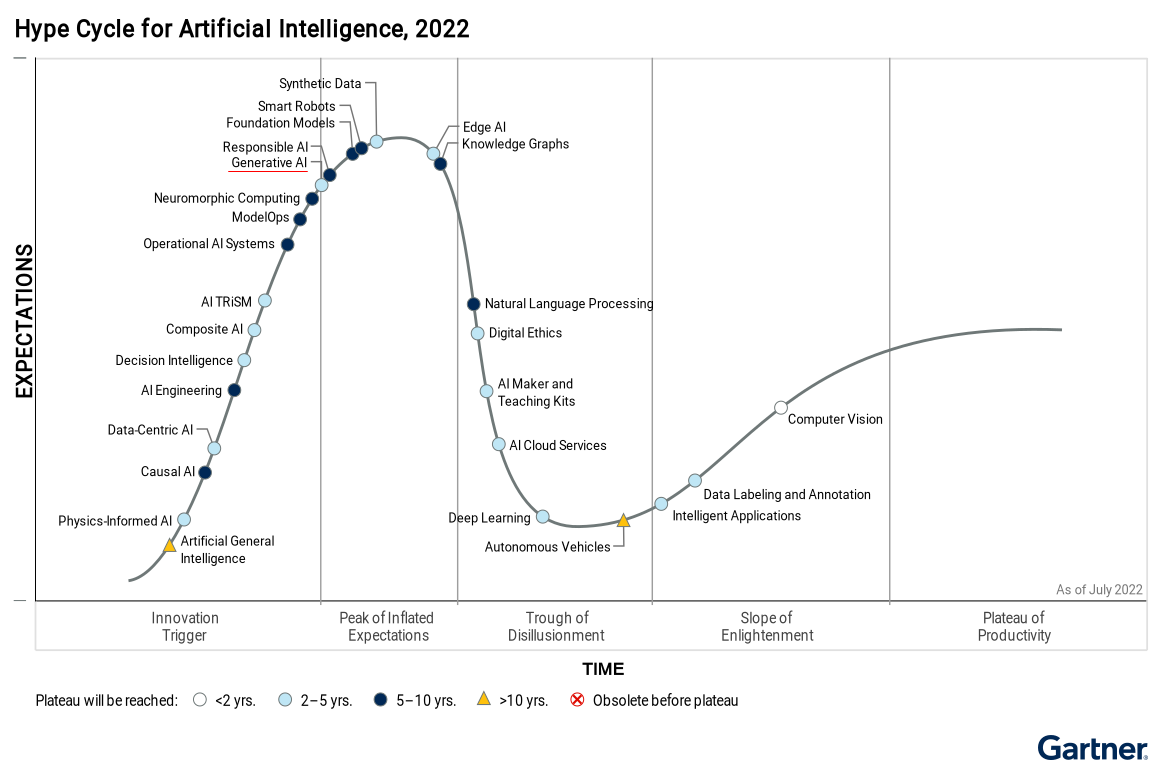
ChatGPT, the new AI chatbot developed by Microsoft-backed OpenAI, is generating much hype worldwide. /CFP
ChatGPT, the new AI chatbot developed by Microsoft-backed OpenAI, is generating much hype worldwide. /CFP
The public's fear of artificial intelligence (AI) has never been as strong as it is today.
ChatGPT, the new AI chatbot developed by Microsoft-backed OpenAI, is generating a lot of hype worldwide because of the high degree of "intelligence" it has showcased, which has made many worry that they will soon lose their jobs to AI.
The advanced chatbot interacts with users in a conversational way and has demonstrated its capabilities in writing poems, essays and research papers, programming computers and even taking master-level exams.
AI hype circle is peaking
ChatGPT marks a small step in the development of generative AI, but it's not a leap forward as many people might think, Tian Taoyuan, a Chinese tech commentator, told CGTN.
Generative AI describes AI algorithms that can be used to create new content, including text, image, video, audio, code and synthetic data.
The ChatGPT frenzy signifies that the hype circle over generative AI is peaking, which is being sold to investors as the tech world's next big thing, according to Tian.

Hype Cycle of AI in 2022 by Gartner. /Chart provided by interviewee
Hype Cycle of AI in 2022 by Gartner. /Chart provided by interviewee
Over the past couple of years, the tech world has witnessed several rounds of hypes over quite a few things, including the metaverse, NFTs (non-fungible tokens), blockchain and cryptocurrencies.
And just as Silicon Valley is seeing a slowdown that has led to massive layoffs by tech giants such as Microsoft and Google, the buzz around ChatGPT quickly grabbed global attention.
Microsoft announced on January 18 it is planning to cut 10,000 jobs as a weakening economy cripples software demand, which has affected up to five percent of its global workforce.
A few days later, the software maker said it was making a "multiyear, multibillion-dollar" investment in OpenAI, without disclosing a specific number. But multiple media quoted a person familiar with the matter who said the investment totals $10 billion.
The company then announced on February 7 it is fusing ChatGPT-like technology into its search engine Bing and web browser Edge. Shares of Microsoft have jumped about 10 percent over the past month, and received a flurry of price-target hikes by Wall Street brokerage firms following the AI news.
Google's parent company Alphabet also announced on January 20 it is laying off 12,000 workers, equivalent to six percent of its total workforce.
The announcement came in the same week that other big tech companies, including Meta – the parent company of Facebook and Instagram, Amazon and Twitter, said they were laying off thousands of employees.
Under such circumstances, the global popularity of ChatGPT has given the tech giants a new bright spot to grab public attention, according to Tian.
"ChatGPT is a small step for generative AI, and it's still in the very early stage of verifying its industrial value," he said, adding it's more like an electronic pet at this moment.
"Generative AI actually has far more value in the real economy, basic scientific research and digital economy rather than in the internet sector," he noted, giving the example of AI-enabled new drug discovery and production line planning and optimization.
Qualitative change
Although Tian doesn't think ChatGPT marks a leap forward for AI as technically speaking it doesn't work differently than previous AI systems, he said it still signifies a qualitative change.
"Compared with previous chatbots, which can only retrieve answers from a preset content bank, ChatGPT can generate individualized answers based on a large amount of interdisciplinary and cross-field knowledge, data, news articles, research papers and other information sources," Tian said.
"Although the answers it offered are not always correct and up-to-date, it can save users a lot of time in data collection and processing," he added.
Many industry insiders and experts are saying that ChatGPT is a very big deal. Among them is Bill Gates, co-founder of Microsoft, who said ChatGPT is as significant as the invention of the internet.
"The new programs like ChatGPT will make many office jobs more efficient by helping to draft invoices or letters. This will change our world," he said, in comments published in German on Friday.
Elon Musk, one of the co-founders of OpenAI who left the board of the company in 2018, said on twitter in December that "ChatGPT is scary good. We are not far from dangerously strong AI."
But the billionaire has recently criticized several of the chatbot's answers. In response to a retweet of a screenshot of ChatGPT's answer to a question about a hypothetical scenario involving racial slurs, Musk replied, "Concerning."
Shen Yang, a professor at Tsinghua University who follows emerging technologies closely, said Musk's dropout from OpenAI indicates that he's concerned about the capital risk (the possibility to lose money from an investment) of the company.